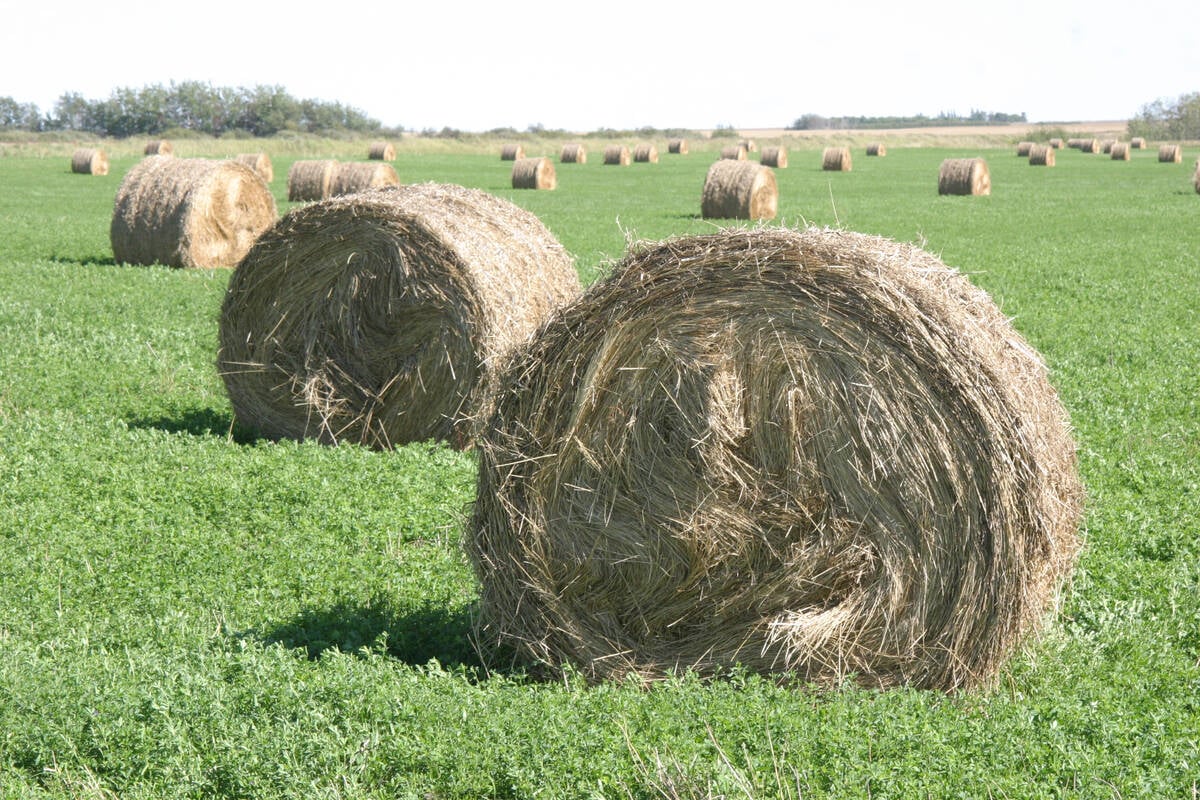Is it a good or a bad year for the Manitoba hog industry?
It’s hard to tell right now, Manitoba Pork Council chair Karl Kynoch told his organization’s annual meeting April 4.
Hog prices aren’t bad now, at about $120 for a slaughter hog, but if the Canadian dollar had remained at about 68 US cents, producers would be getting about $150 per pig.
Feed costs in Manitoba have worsened compared to competing areas such as Iowa.
“We’ve lost our feeding advantage to the U.S.,” said Kynoch.
Read Also

Breaking down successful winter feeding into six steps
It’s that time of year when it is important to start planning for a cow herd’s winter feeding program. Here are six steps I think are necessary to consider when getting your feed tested.
On the other hand, ethanol production is expanding at such a fast rate in Iowa that the advantage might soon return.
“They are a major exporting state of corn. They could become a major importing state of corn in the future,” said Kynoch.
“That could have a huge impact on our industry in the future, and it might end up shifting some of that feeding advantage back here right to Manitoba.”
Hog demand also has pluses and minuses. The demand for weanling pigs from U.S. buyers “couldn’t be bigger,” Kynoch said.
Within Manitoba, demand for slaughter hogs is much weaker, providing an incentive for all those hogs to go south. The announcement late last year of an OlyWest slaughter plant for Winnipeg will help create demand for hogs within Manitoba.
However, Maple Leaf’s Brandon plant’s inability to bring on a second shift is a standing problem in the industry.
“One of the goals (for Manitoba Pork Council) would be to see that Maple Leaf plant get up to a double shift,” said Kynoch.
“We need that plant. … We need to look at what we can do to expand some of the finishing barns on the western side of the province and help that plant get to a double shift.”
Kynoch hopes the Manitoba hog industry can avoid the outbreak of Post-weaning Multisystemic Wasting Syndrome now hurting Ontario and Quebec, but he is confident an outbreak here would not be severe.
“We have a lot of separation distance here in Manitoba between the barns.”















